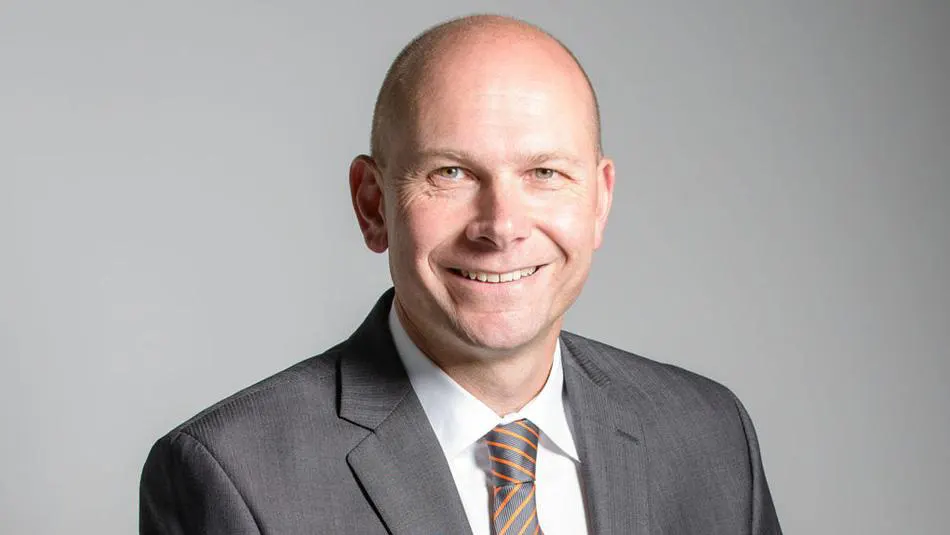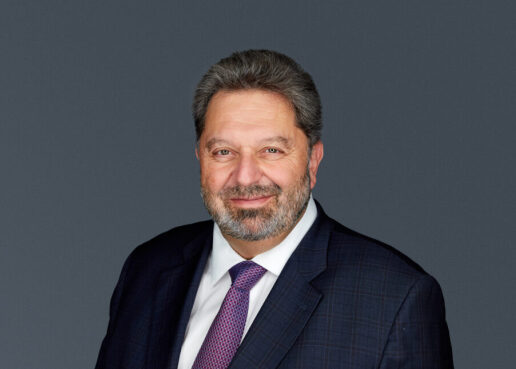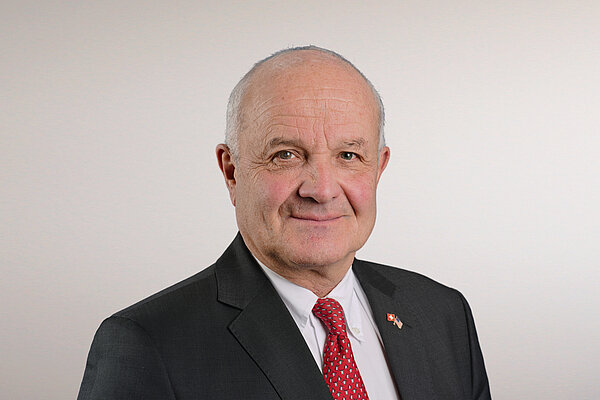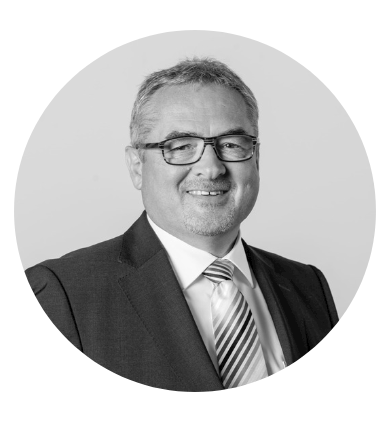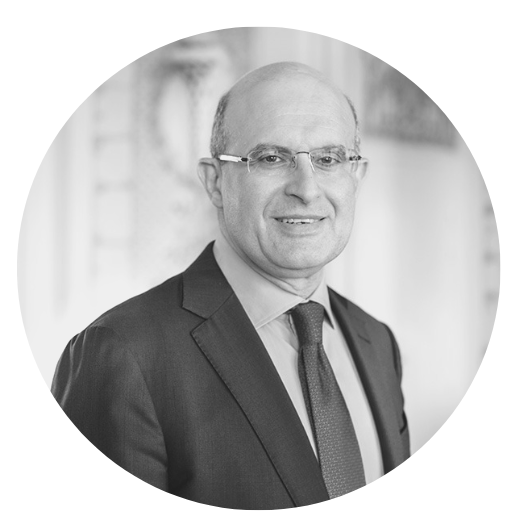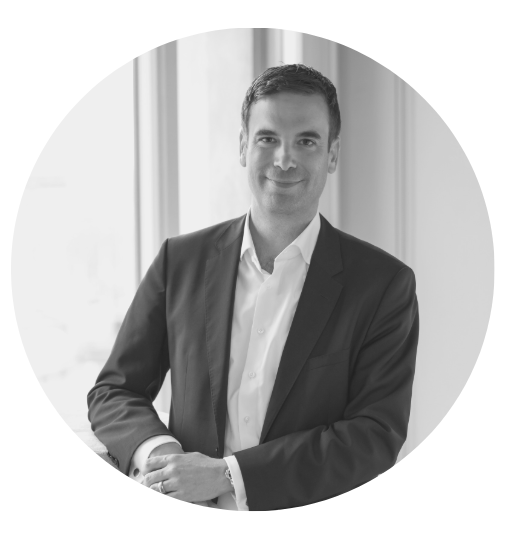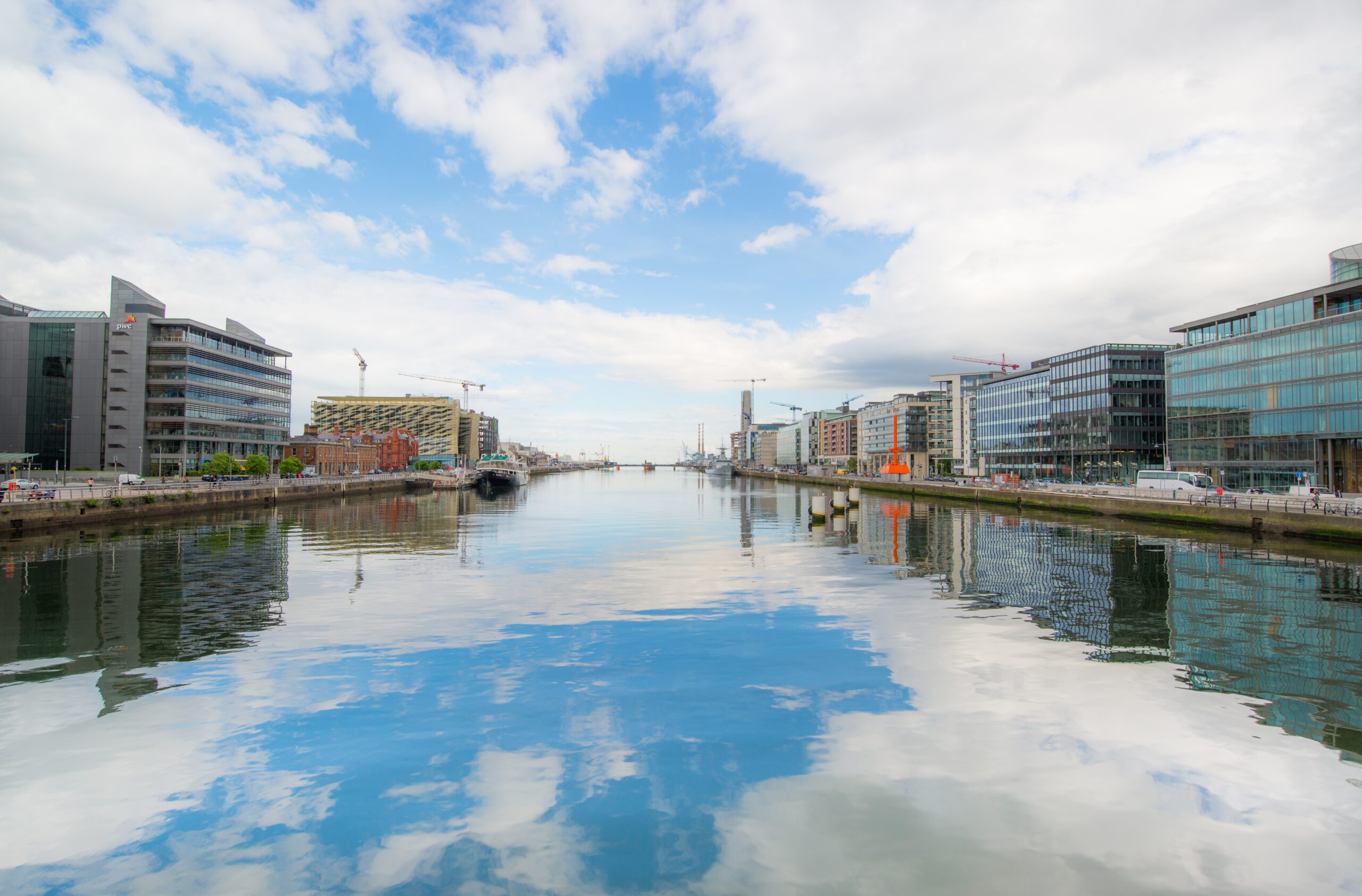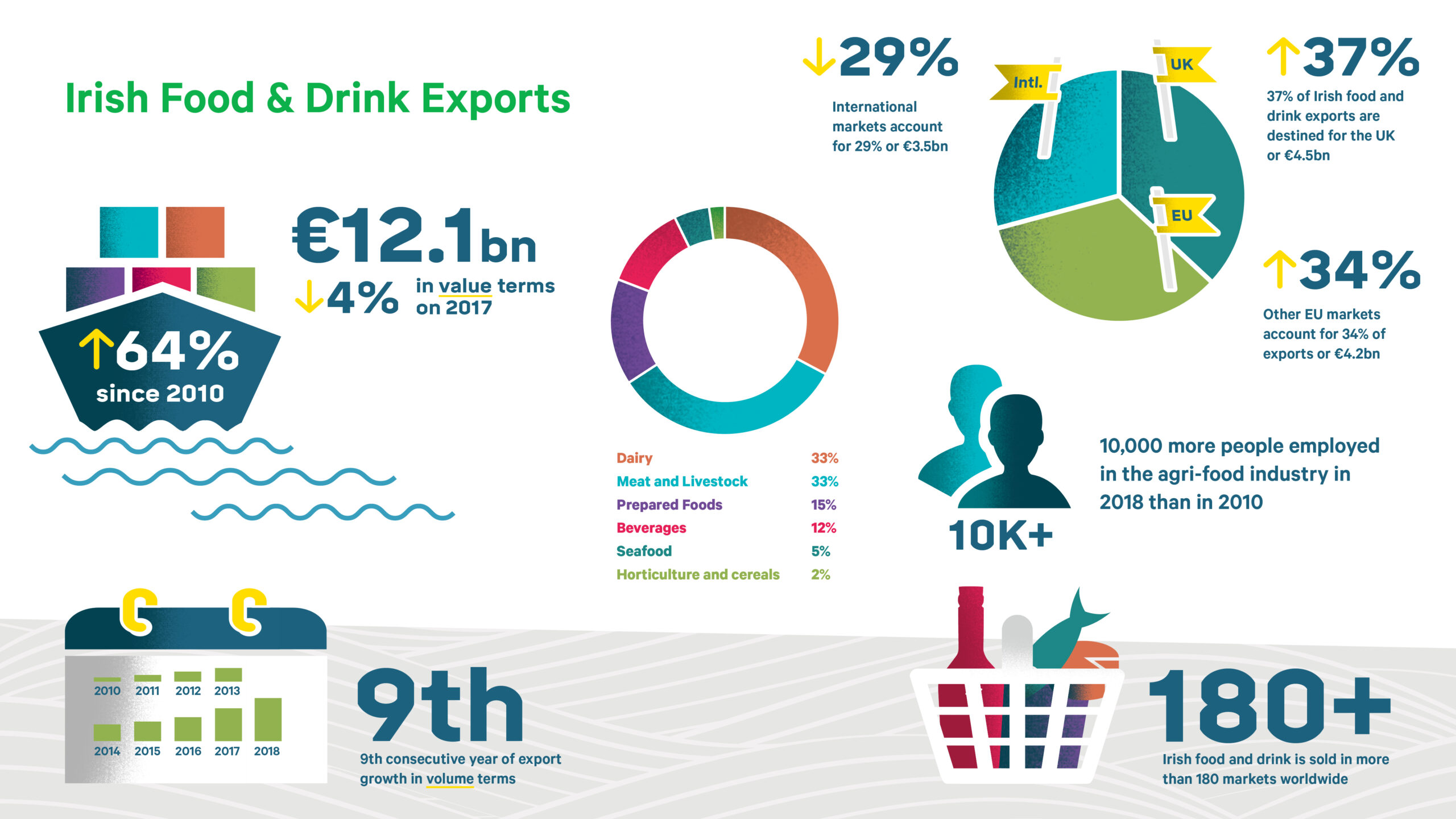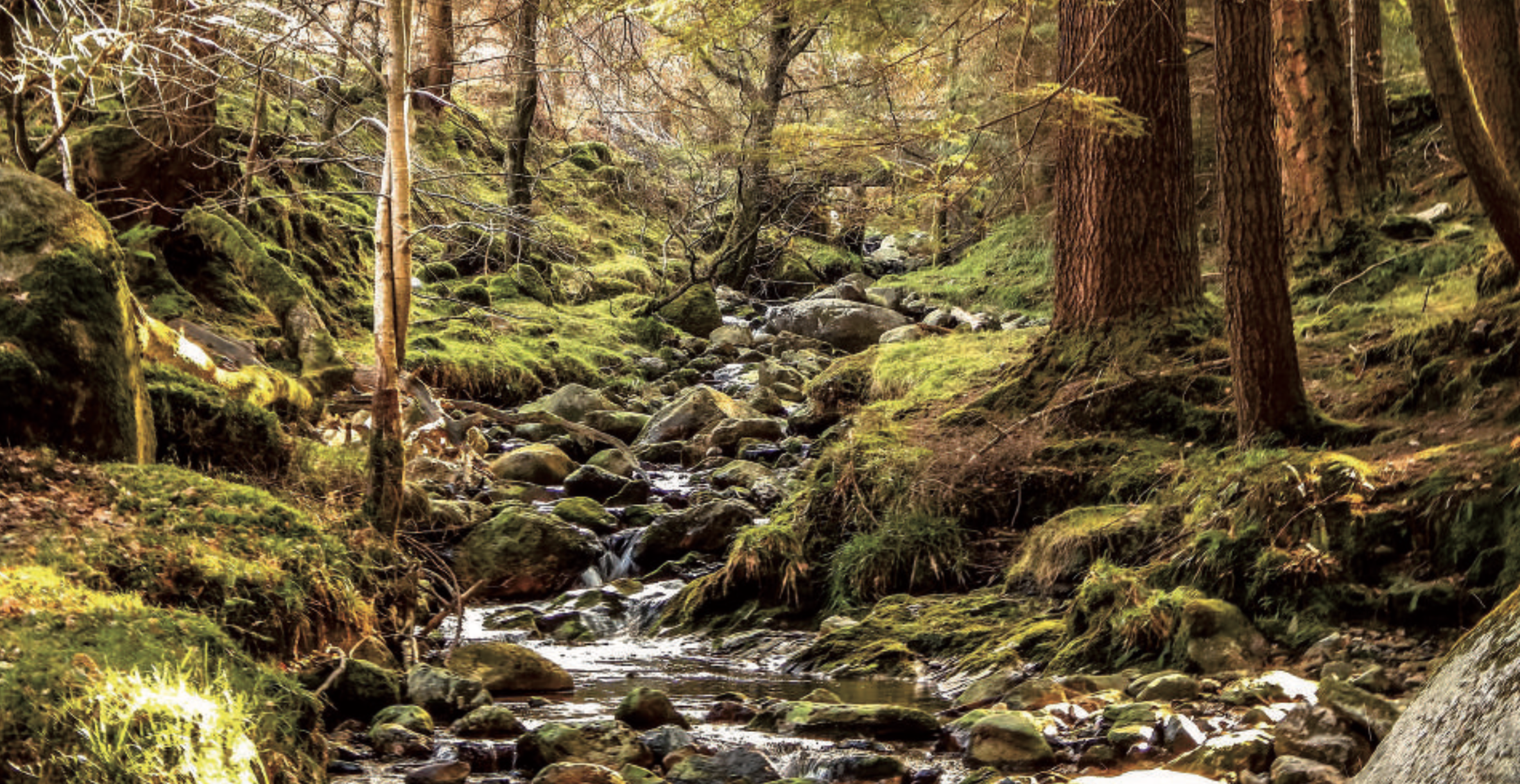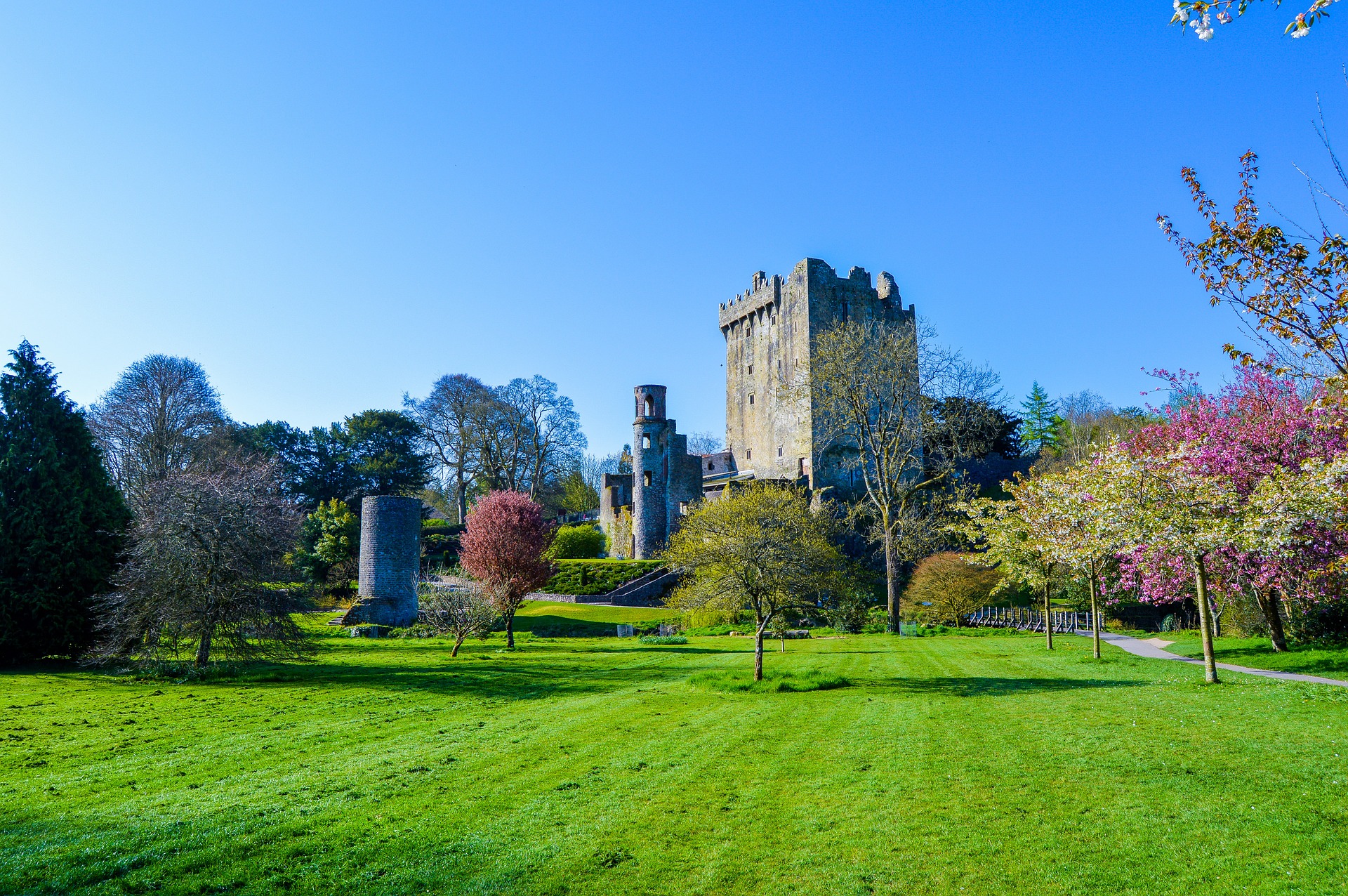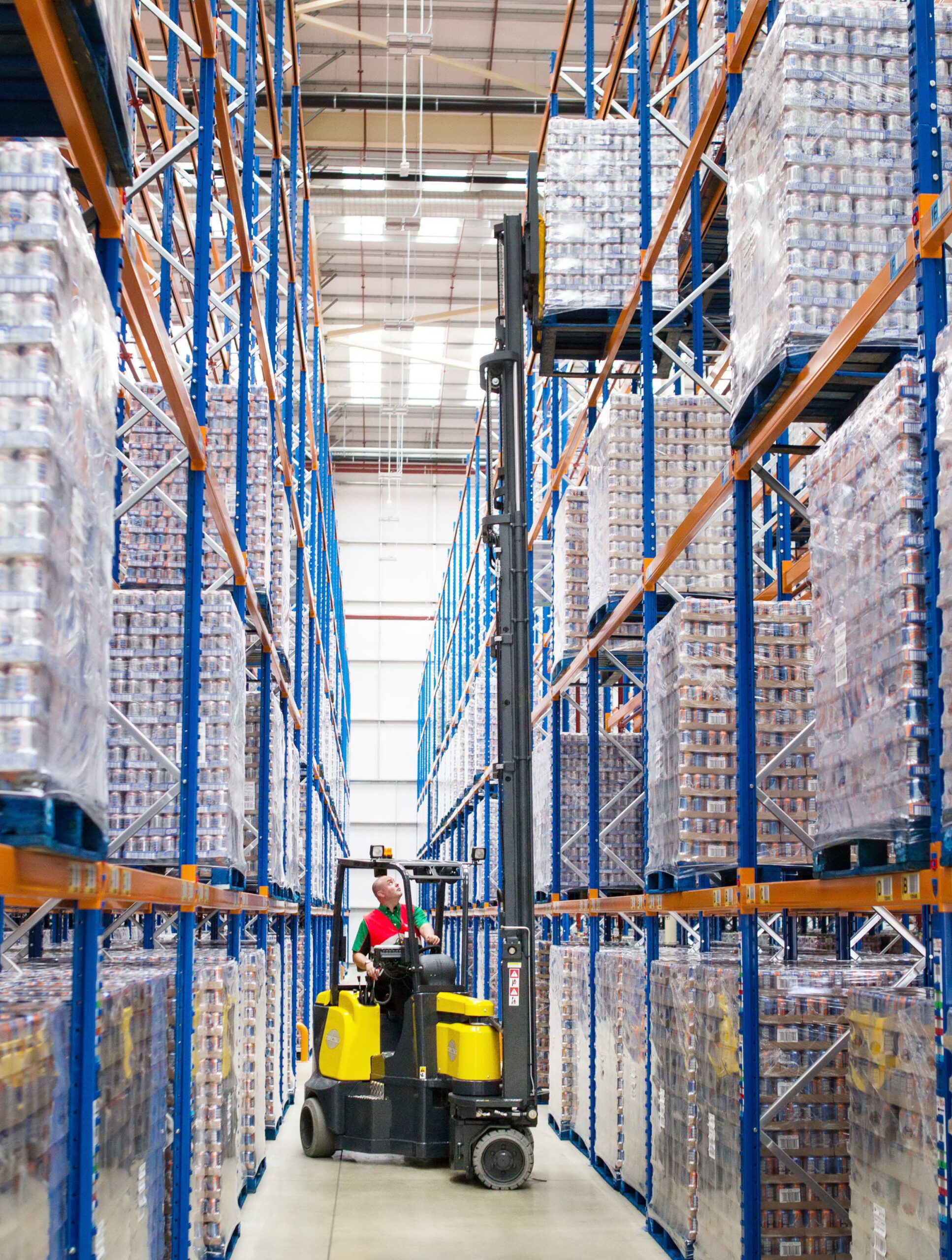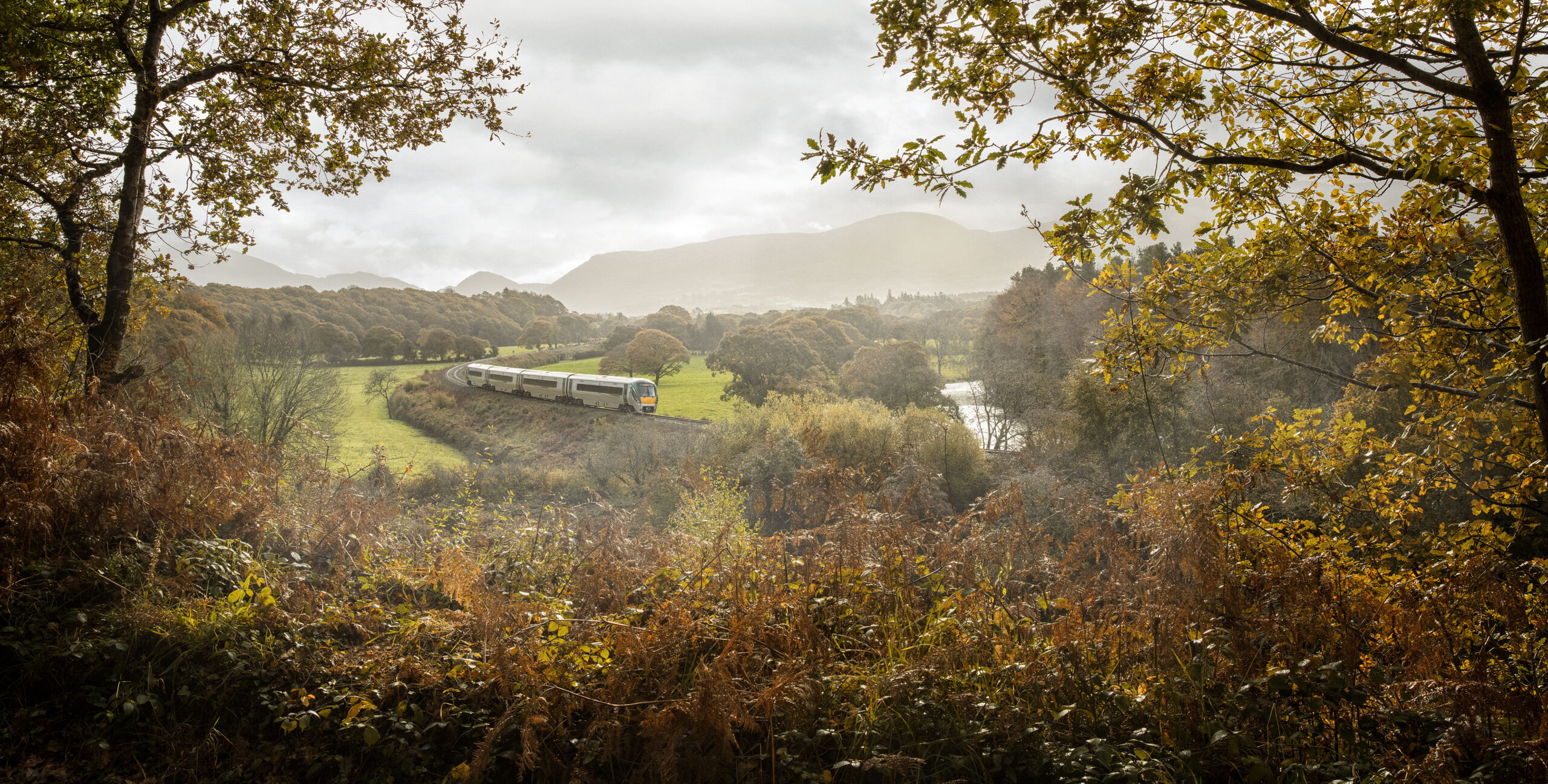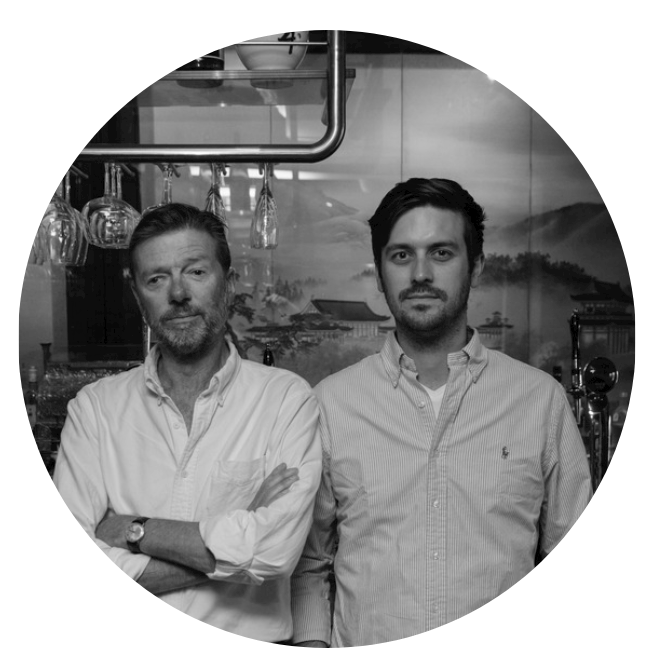Bord Bia Paves the Way for Sustainable Agri-Food Products

Ireland has emerged as a global leader in sustainability, particularly in its agriculture and food sectors, driven by the unwavering leadership of organizations like Bord Bia, the Irish Food Board. With a comprehensive and evidence-based sustainability program, Ireland has set an example for the world to follow, showcasing how economic growth and environmental preservation can be effectively balanced.
The Significance of the Agri-Food Sector in Ireland
Bord Bia CEO, Jim O’Toole stated, “Ireland’s agriculture and food sectors play a vital role in the country’s economic landscape, and sustainability is crucial for the future of the sector. When it comes to sustainability, Ireland is a leader across the board. With a small population, Ireland has strategically focused on exporting its food, drink and horticulture products to meet growing demands worldwide. Today, about 90% of our agri-food products are exported to 187 countries. Collectively, these sectors employ over 170,000 people, contributing approximately 7% to total employment, making them significant contributors to the Irish economy.”

Bord Bia’s Prominent Role in Promoting Sustainable Food Production
At the forefront of Ireland’s sustainable food production efforts is Bord Bia, an organization working tirelessly to establish Ireland’s reputation as a sustainability leader. When a farmer partners with Bord Bia in Ireland, they open the door to a wealth of support and opportunities. From comprehensive market insights and sustainable farming practices, to valuable certification programs, Bord Bia stands as a dedicated ally for farmers seeking to enhance their agricultural operations.

CEO
Bord Bia
Bord Bia’s flagship program, Origin Green, has revolutionized sustainable practices. Through Origin Green, ambitious targets for carbon emissions, water usage, biodiversity conservation, and waste reduction are set, with participating companies committed to rigorous assessments and regular reporting, ensuring transparency and continuous improvement.
O’Toole added, “Through these programs, we are enabling further growth by adding value to our exports. We are helping farmers and companies in the industry realize their potential, while becoming more sustainable.”
Ireland’s commitment to sustainable food production is evident across various aspects of its agriculture and fisheries industries. A substantial portion of Irish livestock is grass-fed, not only enhancing meat quality, but also mitigating the environmental toll linked to intensive feedlots. Additionally, Ireland’s prudent use of antibiotics in livestock farming ensures healthier animals, decreases antibiotic resistance, and fosters safer food consumption. The Irish seafood industry adheres to rigorous quotas and regulations, securing sustainable fishing practices that protect marine ecosystems and ensure the lasting availability of seafood resources. This holistic approach to sustainability underscores Ireland’s dedication to responsible food production for the present and the future.
Consumers can rest assured in their product choices, thanks to Bord Bia’s stringent standards, certifications, and unwavering commitment to traceability. From farm-to-table, Bord Bia ensures that the end customer receives not only exceptional products but also the peace of mind that comes from supporting ethical and responsible practices.

Bord Bia’s Collaborative Approach
Recognizing that achieving sustainable food production requires collaboration among stakeholders, Bord Bia actively engages with the farming sector, food producers, food processors, and other agencies. O’Toole highlighted this collaborative effort, stating, “We are working closely together to demonstrate through third-party evidence that we are farming and producing food in a sustainable way.”
Moreover, Bord Bia recognizes the growing influence of sustainability credentials on purchasing decisions. O’Toole noted, “Over 80% of global food purchasers recognize Ireland as a source of sustainable food production, and purchasing decisions are increasingly influenced by the sustainability credentials of suppliers. We developed the Quality Assurance program to provide proof to customers of these high standards.”
To further support stakeholders in this space, Bord Bia actively assists them in accessing funding and finance, ensuring sustainability remains at the forefront within the sector.

Food Vision 2030
O’Toole added, “Ireland’s Food Vision 2030 aims to make Ireland a leader in Sustainable Food Systems (SFS), and Bord Bia is actively working towards achieving the targets. This will deliver significant benefits for the sector, Irish society and the environment. Irish agri-food meeting the highest standards will increasingly become a key competitive advantage for our exports. By adopting an integrated food systems approach, we aim to become a global leader of innovation for sustainable food and agriculture systems, while protecting our natural resources and contributing to communities and the national economy.”
Ireland’s leadership in sustainability within the agriculture and food sectors sets a remarkable example for the world. Thanks to the dedicated efforts of organizations like Bord Bia, Ireland demonstrates how economic growth can coexist with environmental integrity. By collaborating with stakeholders, promoting transparency, and supporting access to funding, Bord Bia is paving the way for a sustainable future. As the country continues to shine on the international stage, it inspires and encourages others to follow its path towards a more sustainable and prosperous future.

